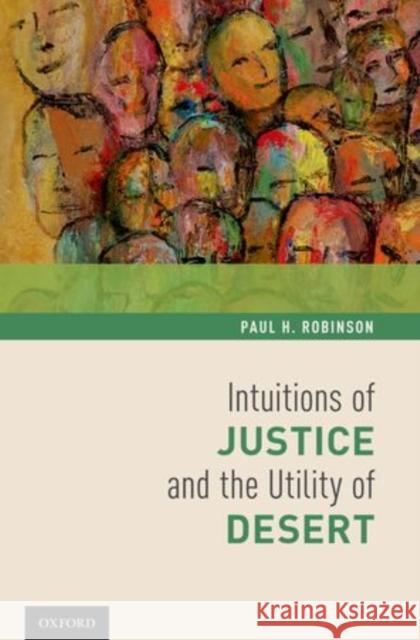Intuitions of Justice and the Utility of Desert » książka
topmenu
Intuitions of Justice and the Utility of Desert
ISBN-13: 9780199917723 / Angielski / Twarda / 2013 / 584 str.
Research suggests that people of all demographics have nuanced and sophisticated notions of justice. The core of those judgments is often intuition rather than reason. Should the criminal law heed what principles are embodied in those deep seated judgments?
In Intuitions of Justice and the Utility of Desert, Paul H. Robinson demonstrates that criminal law rules that deviate from public conceptions of justice and desert can seriously undermine the American criminal justice system's integrity and credibility by failing to recognize or meet the needs of the communities it serves. Professor Robinson sketches the contours of a wide range of lay conceptions of what criminals justly deserve, touching upon many issues that penal code drafters or policy makers must face, including normative crime control, culpability, grading, sentencing, justification and excuse defenses, principles of adjudication, and judicial discretion. He warns that compromising the American criminal justice system to satisfy other interests can uncover the hidden costs incurred when a community's notions about justice are not reflected in its criminal laws. Intuitions of Justice and the Utility of Desert shows that by ignoring the views of justice held by the communities they serve, legislators, policymakers, and judges undermine the relevance of the criminal justice system and reduce its strength and credibility, creating a gap between what justice a community needs and what justice a court or law prescribes.










